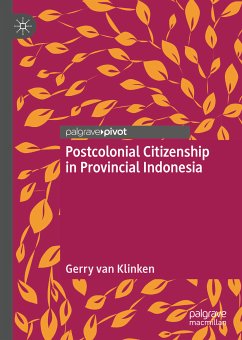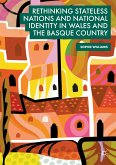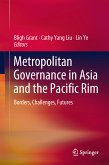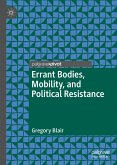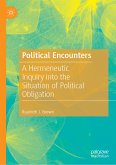-Roel Meijer, Associate Professor of Islamic Studies, Radboud University, Netherlands
This book examines the history of state formation in postcolonial Indonesia by starting with the death of Jan Djong, an activist and a former village head in the little town of Maumere. It historicizes contemporary debates on citizenship in the postcolonial world.
Citizenship has been called the "organizing principle of state-society relations in modern states". Democratization is today most intense in the non-Western, post-colonial world. Yet "real" citizenship seems largely absent there. Only a few rights-claiming, autonomous, and individualistic citizens celebrated in mainstream literature exist in post-colonial countries.
In reflecting on one concrete story to examine the core dilemmas facing the study of citizenship in postcolonial settings, this book challenges ethnocentricity found within current scholarly work on citizenship in Europe and North America and addresses issues of institutional fragility, political violence, as well as legitimacy and aspirations to freedom in non-western cultures.
Gerry van Klinken is honorary professor of Southeast Asian history at the University of Amsterdam, and at the University of Queensland. He helped coordinate the international research collaboration, From Clients to Citizens? Emerging Citizenship in Democratizing Indonesia.
Dieser Download kann aus rechtlichen Gründen nur mit Rechnungsadresse in A, B, BG, CY, CZ, D, DK, EW, E, FIN, F, GR, HR, H, IRL, I, LT, L, LR, M, NL, PL, P, R, S, SLO, SK ausgeliefert werden.

